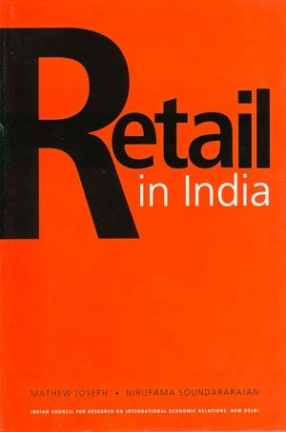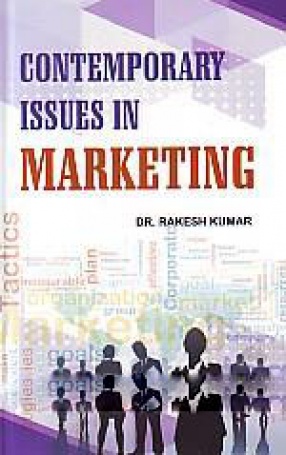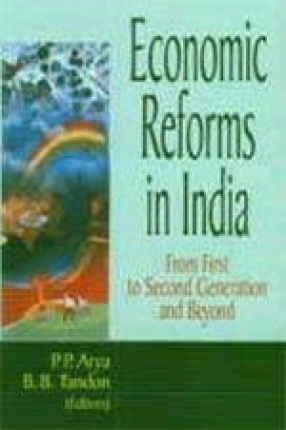The regulation of financial intermediaries continues to pose significant challenges to policymakers the world over. The task is especially difficult in emerging markets, where various factors–including macroeconomic voltality, relative under-capitalization of banks, the absence of market discipline and lax supervision–combine to render the banking system fragile. As was evident in the East Asian crisis of the late nineties, this can increase manifold the adverse effects of economic shocks. Taking stock of several important issues in the regulation of financial intermediaries in emerging markets, this volume: Outlines the direction in which financial regulation should evolve in those markets. Addresses themes related to optimal regulation as well as issues specific to regulation in the Indian context. Identifies key elements in the best practices regulation in emerging markets; and Proposes an innovative approach for setting limits to NPAs in banks. Overall, the original essays gathered here provide a comprehensive account of various important issues involved in regulating financial intermediaries and make valuable and practical suggestions on how to improve regulation in emerging markets. An important feature of the volume is that it brings together both scholars from academia and finance professionals from various multilateral agencies. As a consequence, it provides a fine balance between cross-country empirical evidence and conceptual contributions. The volume will be of immense use to students and scholars of economics, financial management and banking, while being of equal value to financial institutions, the banking sector and policymakers.
Regulation of Financial Intermediaries in Emerging Markets
$31.50
$35.00
In stock
Free & Quick Delivery Worldwide
All orders amounting to US$ 50 or more qualify for Free Delivery Worldwide. For orders less than US$ 50, we offer Standard Delivery at $14 per book.
ABOUT THE AUTHOR Mathew Joseph
Mathew Joseph is a Senior Consultant at ICRIER, New Delhi. He had worked earlier in USAID India State Fiscal Reform Project as Deputy Chief and Senior Adviser (2005-2007) and as Head of Research at ICICI Bank (1995-2002). He also worked in the Ministry of Finance, Government of India, as Deputy Economic Adviser (1990-1995). He holds a PhD in Economics from the University of Glasgow, UK. His research interests include open-economy macroeconomics, public debt management, financial sector, industry, regional development, retail and global governance.
ABOUT THE AUTHOR T.T. Ram Mohan
T.T. Ram Mohan, Professor at the Indian Institute of Management, Ahmedabad, graduated from the Indian Institute of Technology, Bombay, and the Indian Institute of Management, Calcutta. He went on to obtain his doctorate from Leonard Stern School of Business, New York University. Prior to entering academics, Prof. Ram Mohan had a varied career in consulting, banking and investment banking. He has also been New York Correspondent for The Economic Times, India’s leading financial daily, for which he now writes a fortnightly column. Prof. Ram Mohan serves on the boards of several organizations. His other books include The Big Picture: Reflections on our economic times, and Regulation of Financial Intermediaries in Emerging Markets.
reviews
0 in total
Review by Anonymous
Regulation of Financial Intermediaries in Emerging Markets
Be the first to review “Regulation of Financial Intermediaries in Emerging Markets” Cancel reply
You must be logged in to post a review.
Bibliographic information
Title
Regulation of Financial Intermediaries in Emerging Markets
Author
Edition
1st ed.
Publisher
ISBN
817829494X
Length
262p., Tables; Figures.
Subjects
more by Mathew Joseph see more
more by T.T. Ram Mohan see more
Before and After the Global Crisis
$54.90
$61.00
similar bookssee more
Contemporary Issues in Marketing
$38.70
$43.00
Economic Reforms in India: From First to Second Generation and Beyond
Globalization is a throbbing ...
$64.80
$72.00








There are no reviews yet.